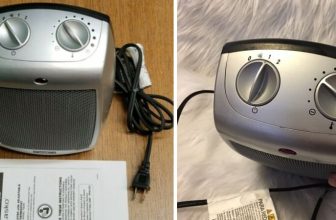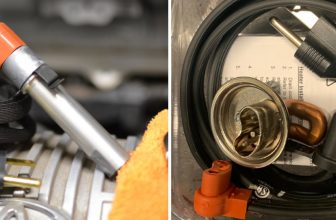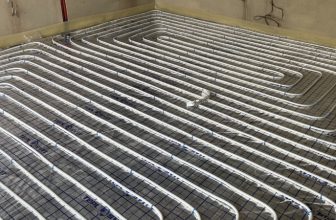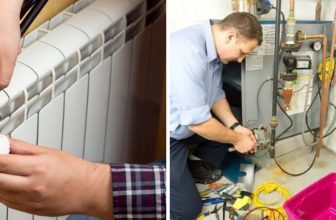How to Tell if Water Heater is Gas or Electric
Are you looking for a way to identify the type of water heater in your home? Many homeowners have either a gas or electric water heater, but the difference is not always easy to spot. Knowing whether your water heater runs on electricity or natural gas can be especially important when it comes time for repairs and maintenance.
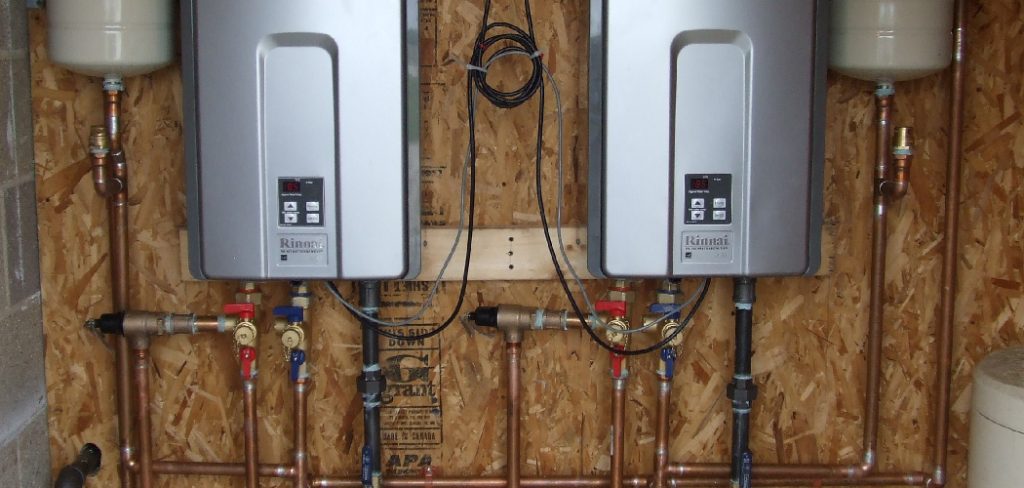
In this blog post, we will tackle how to tell if a water heater is electric or gas and provide some tips on how to tell if water heater is gas or electric and ensure optimal performance of both systems. Keep reading to learn more about this common conundrum!
Which Water Heater is Useful?
If you’re considering investing in a new water heater, it’s important to consider the type of system that best suits your home. Electric and gas water heaters both come with their own set of pros and cons – for instance, electric water heaters are generally more energy-efficient than gas-powered models but require more installation steps.
Ultimately, the type of water heater you choose is determined by your home’s specific needs. Choose the option that best suits your budget and energy-efficiency goals.
Now that we’ve discussed why it matters which type of water heater you have let’s talk about how to tell if a water heater is electric or gas.
10 Tips on How to Tell if Water Heater is Gas or Electric
1. Check for a Pilot Light
If you have an older model water heater, it will likely be powered by natural gas and equipped with a pilot light. The pilot light is typically located near the bottom of the tank and can often be identified by its blue flame.

2. Look at the Pipes & Wiring
Another way to tell if a water heater is electric or gas is to look at the pipes and wiring that are connected to it. Electric water heaters will have electricity wires running into the top of the unit, whereas gas water heaters will typically have a gas line going in through the side.
3. Check How Much Space it Takes Up
Gas-powered water heaters usually take up more space than electric models because they require an additional flue for venting. If your water heater is taking up a lot of room, chances are it’s gas-powered.
4. Check the Temperature Setting
Most electric water heaters are equipped with a thermostat that can be adjusted to control the temperature of the water. Gas-powered water heaters, on the other hand, tend to have a single pre-set temperature.
5. Check How Long it Takes to Heat Up
Electric water heaters are usually faster at heating up hot water than gas-powered models, so if your tank is taking a long time to get hot, it may be gas-powered.
6. Listen for a Hissing Sound
If you hear a hissing sound near the water heater, this could indicate that your unit is powered by natural gas. It’s important to address this issue immediately and contact a professional for help if needed.
7. Check for a Gas Shutoff Valve
If you have a gas-powered water heater, there should be a shutoff valve near or on the unit itself. This is usually easy to spot because it looks like an ordinary door handle.
8. Examine How Water Pressure Changes
Gas-powered systems tend to experience less fluctuation in water pressure compared to electric models. If your water heater is consistently providing a steady stream of hot water, it’s likely gas-powered.
9. Look for a Ground Fault Circuit Interrupter
Electric water heaters require an extra layer of protection and are usually equipped with a ground fault circuit interrupter (GFCI). This is a safety feature that will trip if the electric current going to your water heater is disrupted.
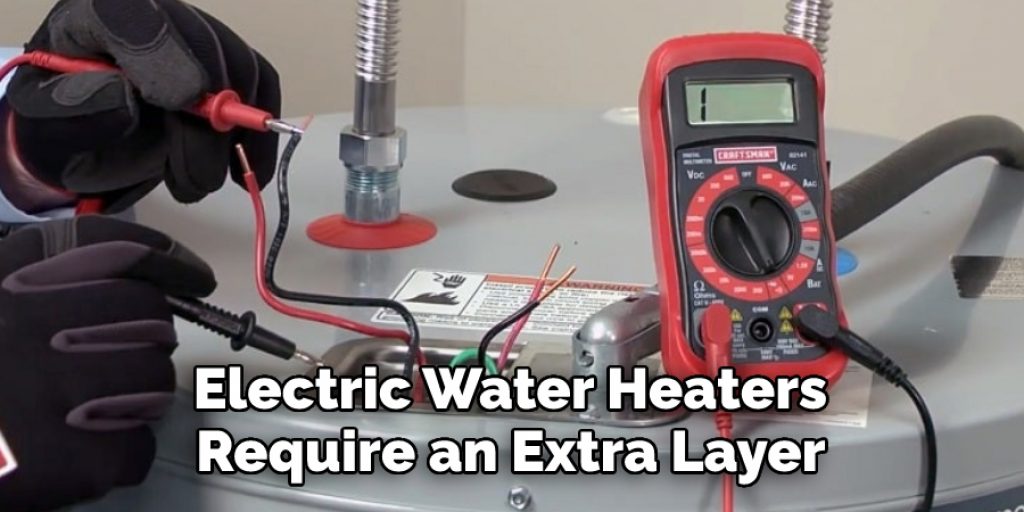
10. Check the Manufacturer’s Label
Finally, you can always check the manufacturer’s label for information about the type of system your water heater uses. The label should be located inside or on top of the unit and provide additional details about the water heater, such as its model number and date of manufacture.
By following these tips on how to tell if water heater is gas or electric, you can make sure that your new water heater is up to your home’s specific needs. Taking the time to do this research now will save you a lot of headaches down the road. Good luck!
When it comes time to replace your water heater, make sure you research the pros and cons of both electric and gas-powered models before making a decision.
Each type has its own set of advantages and disadvantages, as well as different installation requirements and fuel costs. Taking the time to compare the two will help you make an informed decision and find the best water heater for your home.
8 Tips on Choosing Between a Gas or Electric Heater
- Check the type of fuel used to power your water heater. Gas models use natural gas or propane, while electric models use electricity. Choose the type of fuel that is most cost-effective and convenient for you.
- Assess your home’s heating needs. How much hot water do you need to heat? How often will you be using it? How quickly do you need hot water? The answers to these questions can help inform your decision between a gas or electric model.
- Consider the installation process for each type of water heater. Gas-powered models require professional installation and a venting system, while electric models are typically simpler to install and don’t need additional ventilation systems.
- Compare the cost savings between gas and electric heaters. Although gas is usually cheaper in the long run, you must consider factors such as installation costs and any applicable rebates or incentives.
- Check your home’s electrical capabilities to determine if you need a higher voltage electric water heater. Gas-powered models don’t require additional electricity, but electric models do. Higher voltage electric models are also more efficient.
- Consider the size of your water heater. Gas heaters tend to be larger than electric models, so you may need extra space if you choose gas. The size of the water heater should also match your demand for hot water.
- Look at energy efficiency ratings. Gas-powered models are usually more efficient than electric models, but both types can be found with Energy Star ratings. The efficiency of your water heater can make a difference in your energy bills.
- Factor in safety concerns when deciding between gas and electric water heaters. Gas models must be properly vented to avoid the risk of carbon monoxide poisoning, while electric heaters don’t pose this risk. Both types should have protective insulation to prevent scalding.
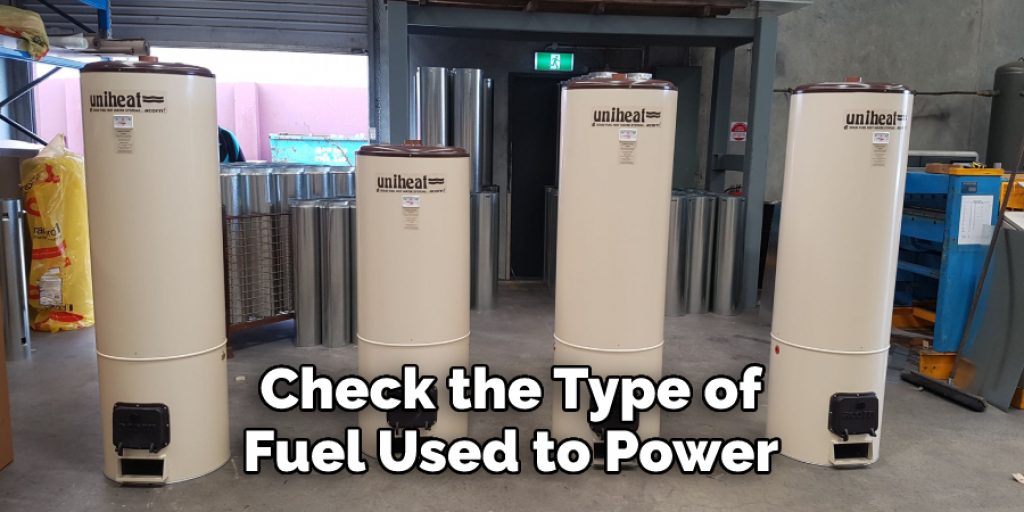
These are some key tips to consider when choosing between a gas or electric water heater. Evaluate your home’s needs and compare the cost savings, installation process, and safety concerns of both models before making your decision. With the right knowledge, you can make sure you get the best water heater for your home.
Frequently Asked Questions
What Are the Best Maintenance Tips?
Regular maintenance is important for both gas and electric water heaters. Make sure to inspect your appliance annually, flush the tank at least once a year, and replace any corroded parts or plumbing lines. Be sure to check the temperature setting on a regular basis as well – it should be set between 120-140 degrees Fahrenheit to prevent scalding. Additionally, you should keep the area around your water heater clean and free from debris for optimal efficiency.
What’s the Difference Between Gas and Electric Water Heaters?
Gas-powered water heaters typically use either natural gas or propane as fuel, while electric models are powered by electricity. Gas models may be more cost-effective in the long run but require a venting system and professional installation. Electric models are typically simpler to install and don’t need an additional ventilation system, but they require more electricity than gas-powered models.
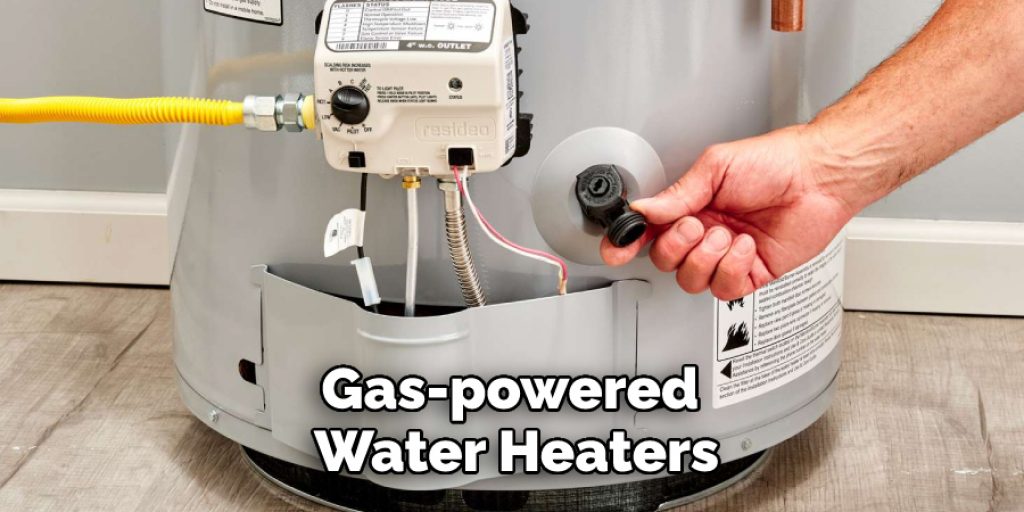
Additionally, gas models may be larger than electric models. So, you should consider your home’s needs, cost savings, and safety measures when choosing between gas and electric water heaters.
Conclusion
Ultimately, following the best maintenance tips can help prolong the lifespan and efficiency of your possessions. It puts an end to time-consuming and costly repairs and cuts down on replacement costs by making sure that everything is properly taken care of.
Make sure to adhere to your manual’s instructions and use strong, quality materials should you be looking to repair or replace any parts yourself, as using different parts than what is recommended can put a strain on other areas or even void a warranty.
Taking care of any problems once they arise not only saves you money in the long run but also peace of mind – it’s always better to fix something sooner rather than later! With these tips on how to tell if water heater is gas or electric in mind, your items will stay strong, dependable, and efficient for years to come.

